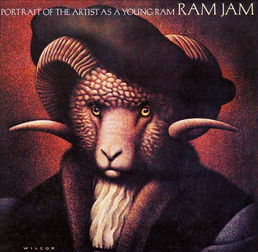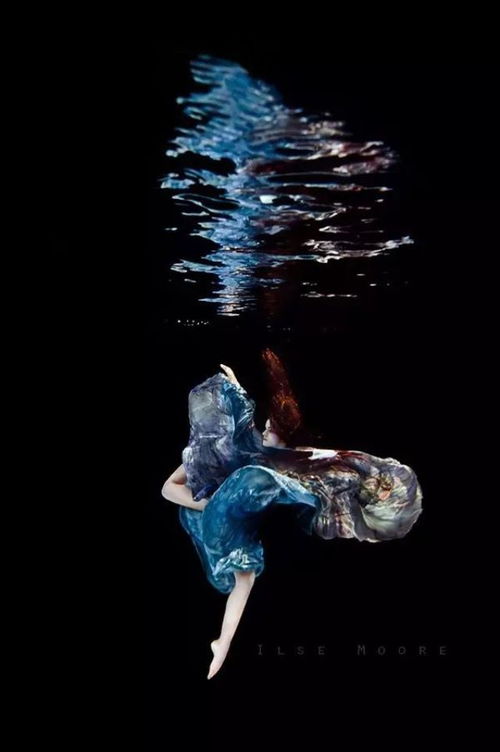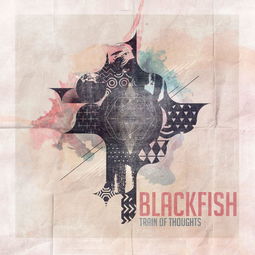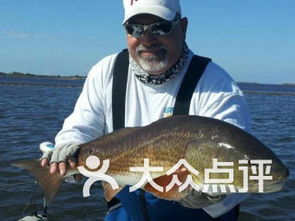Content:
Introduction: Fishing, an ancient pastime, has evolved into a competitive sport that requires not just patience but also a set of refined techniques. Competitive fishing, often referred to as bass fishing or angling, demands precision, strategy, and a deep understanding of the sport. Whether you are a seasoned angler or a beginner looking to step into the competitive arena, mastering the art of competitive fishing involves a combination of practice, knowledge, and the right mindset. In this article, we will delve into the essential techniques to help you hone your competitive fishing skills.
Understanding the Basics: Before diving into advanced techniques, it is crucial to have a solid foundation in the basics of fishing. This includes understanding different types of fishing rods, reels, lines, and baits. Familiarize yourself with the local fish species, their habits, and preferred habitats. This knowledge will help you make informed decisions during a competition.
Choosing the Right Equipment: The equipment you use can significantly impact your performance. Invest in high-quality fishing rods, reels, and lines that are suitable for the type of fishing you plan to do. A good rod should be lightweight, strong, and sensitive to detect even the smallest bites. Reels should be smooth, with a good drag system to handle heavy fish. Lines should be strong, yet flexible, to withstand the pull of fish and the elements.
Learning to Cast: Casting is a fundamental skill in competitive fishing. Practice different casting techniques, such as the overhead cast, sidearm cast, and roll cast, to improve your accuracy and distance. The key is to maintain a consistent and smooth motion, ensuring that your bait lands where you intend it to. Regular practice will help you develop muscle memory and improve your casting skills.
Reading the Water: Competitive fishing requires the ability to read the water effectively. Observe the surface of the water for signs of fish activity, such as bubbles, ripples, or fish feeding. Pay attention to the vegetation, structure, and depth of the water, as these factors can indicate fish presence. Understanding the water's dynamics will help you locate and target fish more efficiently.
Timing and Patience: Timing is everything in competitive fishing. Learn to read the behavior of fish and predict their movements. This involves understanding the factors that influence fish activity, such as weather, water temperature, and feeding patterns. Patience is also crucial; sometimes, the best catch comes from waiting for the right moment rather than force-feeding the fish.
Using the Right Bait: The choice of bait can make or break your fishing performance. Experiment with different types of baits, such as live bait, artificial lures, or soft plastics, to see which works best in different conditions. Pay attention to the color, size, and action of the bait, as these factors can trigger fish to bite. Tailor your bait selection to the specific species and conditions you are facing.
Developing a Strategy: Competitive fishing is not just about catching fish; it's about catching the right fish at the right time. Develop a strategy that includes where to fish, what baits to use, and how to approach different types of water. A well-thought-out strategy will help you make the most of your time on the water and increase your chances of winning.
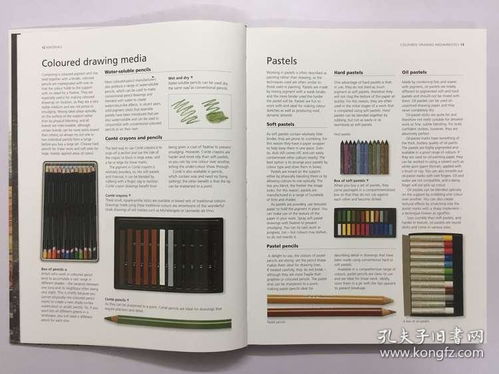
Keeping a Journal: Maintain a fishing journal to record your experiences, observations, and strategies. This will help you analyze your performance, identify areas for improvement, and keep track of successful techniques. Reviewing your journal after each competition can provide valuable insights for future events.
Joining a Fishing Club or Community: Networking with other anglers can provide valuable advice, tips, and support. Joining a fishing club or community can help you stay updated on the latest trends, techniques, and competitions. Learning from experienced anglers can accelerate your progress and help you become a better competitor.
Staying Composed: Lastly, staying composed under pressure is essential in competitive fishing. Maintain a calm demeanor, even when faced with challenging conditions or tough competition. A positive mindset and mental resilience can make the difference between a good performance and a great one.
Conclusion: Mastering the art of competitive fishing is a journey that requires dedication, practice, and a willingness to learn. By understanding the basics, choosing the right equipment, and developing a strategic approach, you can enhance your competitive edge. Remember, the key to success lies in continuous improvement and a passion for the sport. With the right techniques and mindset, you can become a formidable competitor in the world of competitive fishing.
